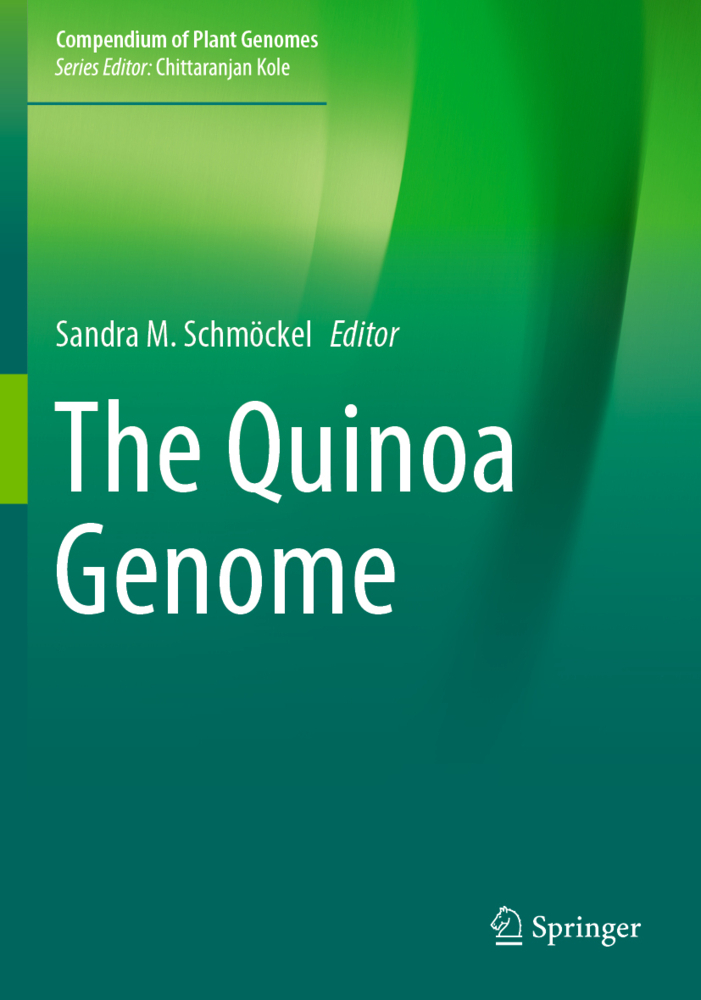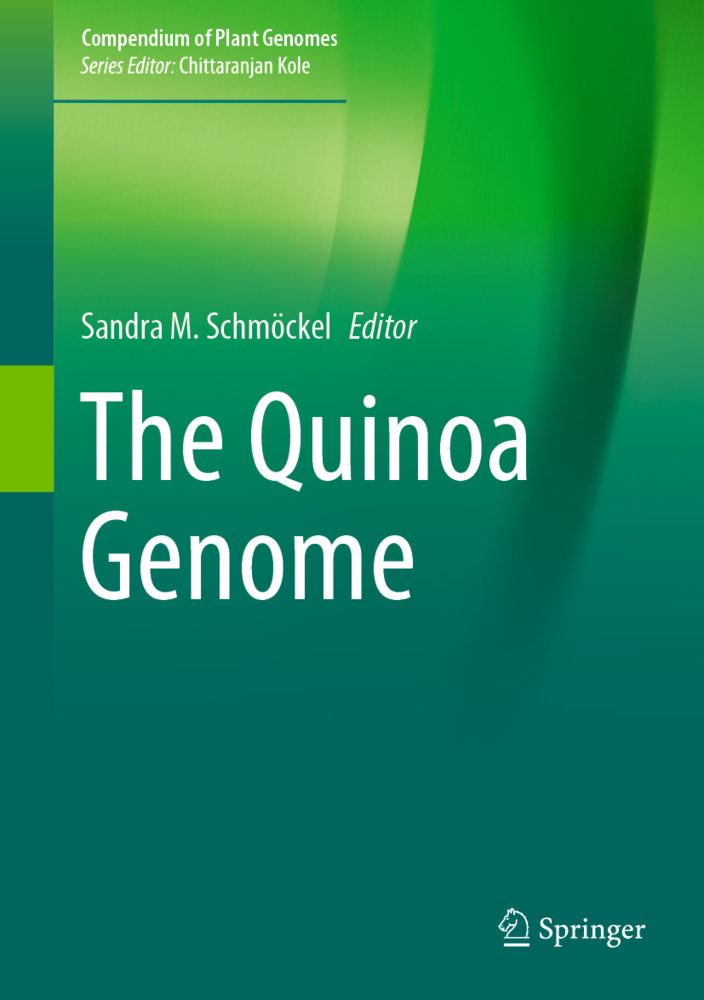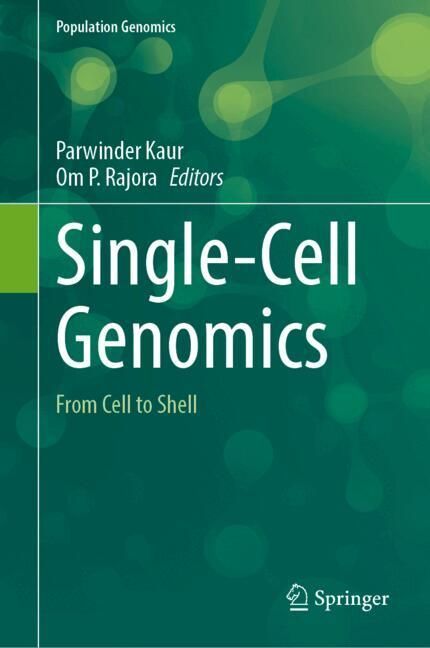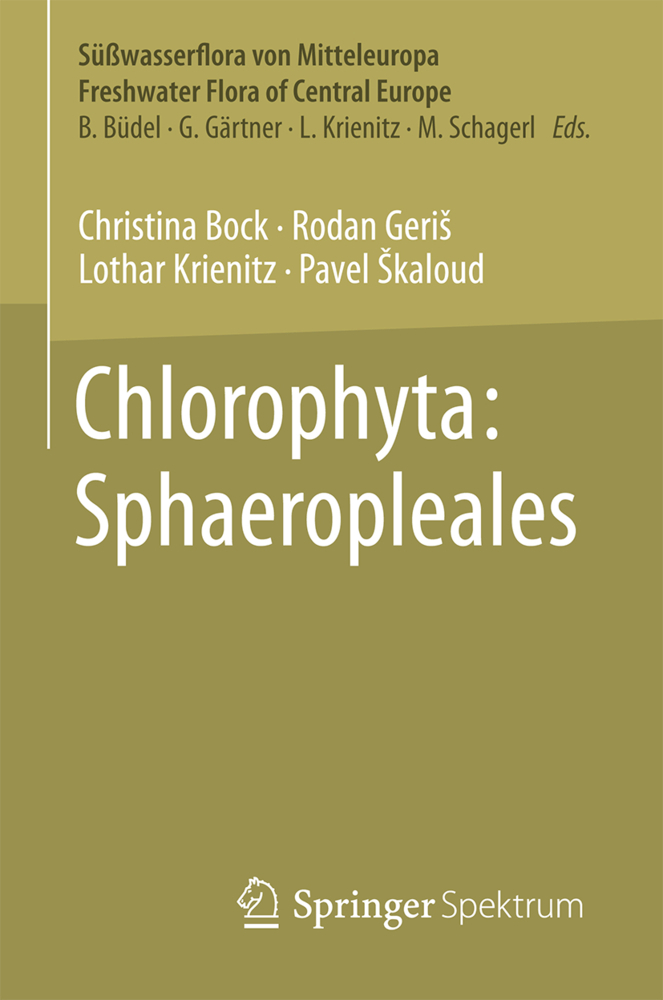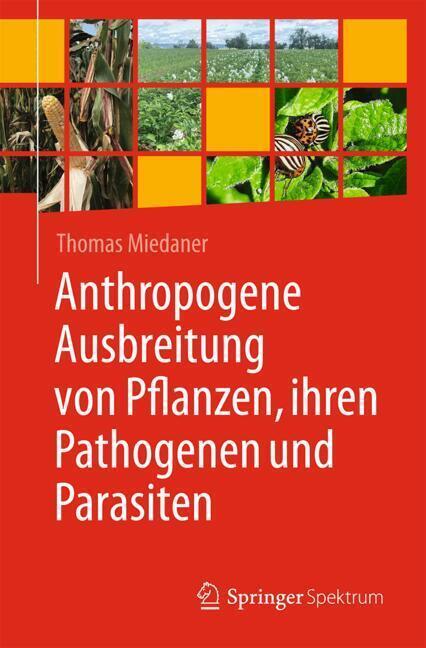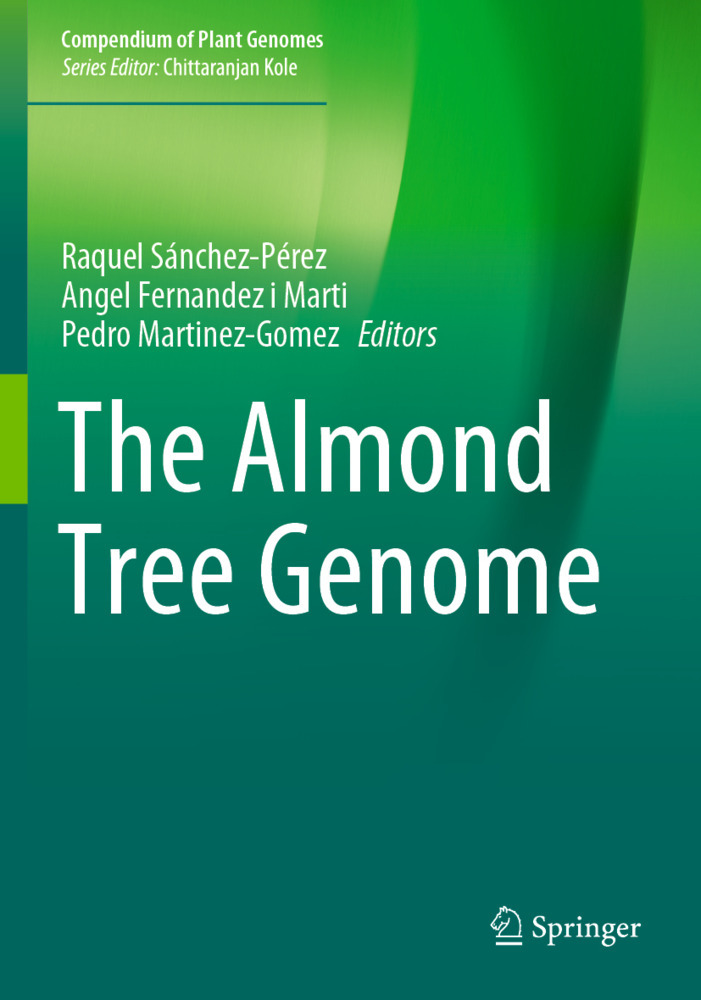The Quinoa Genome
The Quinoa Genome
This book focuses on quinoa, providing background information on its history, summarizing recent genetic and genomic advances, and offering directions for future research. Meeting the caloric and nutritional demands of our growing population will not only require increases in overall food production, but also the development of new crops that can be grown sustainably in agricultural environments that are increasingly susceptible to degradation. Quinoa is an ancient crop native to the Andean region of South America that has recently gained international attention because its seeds are high in protein, particularly in essential amino acids. Quinoa is also highly tolerant of abiotic stresses, including drought, frost and salinity. For these reasons, quinoa has the potential to help address issues of food security - a potential that was recognized when the United Nations declared 2013 the International Year of Quinoa. However, more effort is needed to improve quinoa agronomically and to understand the mechanisms of its abiotic stress tolerance; the recent development of genetic and genomic tools, including a reference genome sequence, will now help accelerate research in these areas.
Botanical context for domestication in North America
Quinoa Cytogenetics
A chromosome-scale quinoa reference genome assembly
Structural and Functional Genomics of Chenopodium quinoa
Quinoa diversity and its implications for breeding
Saponins of Quinoa: Structure, Function and Opportunities
Abiotic stress tolerance in quinoa
Flowering in Chenopodium and related amaranths
Quinoa - Evolution and future perspectives
History of the Quinoas in South America
Botanical context for domestication in South AmericaBotanical context for domestication in North America
Quinoa Cytogenetics
A chromosome-scale quinoa reference genome assembly
Structural and Functional Genomics of Chenopodium quinoa
Quinoa diversity and its implications for breeding
Saponins of Quinoa: Structure, Function and Opportunities
Abiotic stress tolerance in quinoa
Flowering in Chenopodium and related amaranths
Quinoa - Evolution and future perspectives
Schmöckel, Sandra M.
| ISBN | 978-3-030-65239-5 |
|---|---|
| Artikelnummer | 9783030652395 |
| Medientyp | Buch |
| Copyrightjahr | 2022 |
| Verlag | Springer, Berlin |
| Umfang | XVII, 195 Seiten |
| Abbildungen | XVII, 195 p. 43 illus., 37 illus. in color. |
| Sprache | Englisch |

